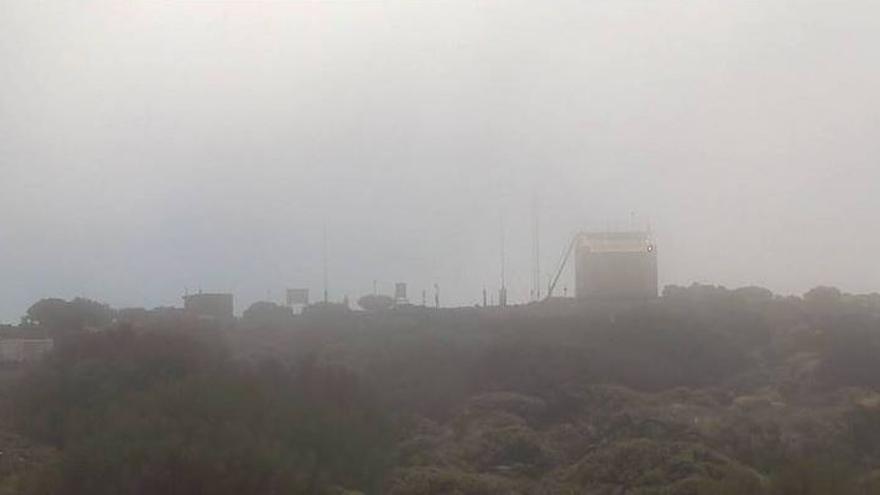
Devoid of snow on the summit. No queues at the entrances to Teide. No snow enthusiasts gliding down the white slopes on garbage bags or buggies. This has been the winter in Tenerife, and it is the first time in the last 108 years –since 1916– that there has been no snow accumulation on the island.
This was stated by the State Meteorological Agency (Aemet), which reports that the winter in Canary Islands, running from December 1 to February 29, has been the warmest since 1961 with an average temperature of 17.7°C, which is 2.5°C above normal, months marked by constant presence of calima and scarce rainfall.
The territorial delegate of Aemet in the Canary Islands, David Suárez, during the presentation of the winter climate report and the seasonal forecast for spring in the islands explained that the winter of 2023/24 had a general “very warm” character in the islands, although with extensive areas of “extremely warm,” while by provinces, the average temperature in Las Palmas was 18.9°C (+2.4°C above normal) and in Santa Cruz de Tenerife it was 16.3°C (+2.6°C).
By months, the average temperature in the Canary Islands in December was 17.2°C (+1.3°C) –the fourth warmest December since 1961–, in January 17.9°C (+3.1°C) –the warmest– and in February 17.9°C (+3°C) –also the warmest–.
Likewise, the highest temperature of the winter in the islands was recorded on January 16 in La Oliva (Fuerteventura) with 31.7°C and the lowest of -3.8°C on December 23 and 26 in Las Cañadas del Teide (Tenerife).
High Presence of Calima
[–>
Regarding rainfall, this seasonal period has been “very dry,” ranking as the seventh driest since 1961, with 36.6 mm recorded, only 28% of the expected rainfall for these months. In December, 41% of the expected rainfall was recorded, in January 13%, and in February 23% of the expected precipitation fell.
On the other hand, the winter was marked by the constant presence of suspended dust, with up to six days of intense calima, while the median for the period 1991-2022 is 4.2 days.
Throughout the winter, there were only twelve days without calima in the islands, meaning that 85% of the months of December, January, and February had suspended dust.
As for the sea temperature, the Canary Islands had an average temperature of 21.7°C during winter, representing 1.6°C higher than usual.
[–>
Finally, the State Meteorological Agency expects the upcoming quarters in the archipelago to be dominated by warm and dry anomalies.
















